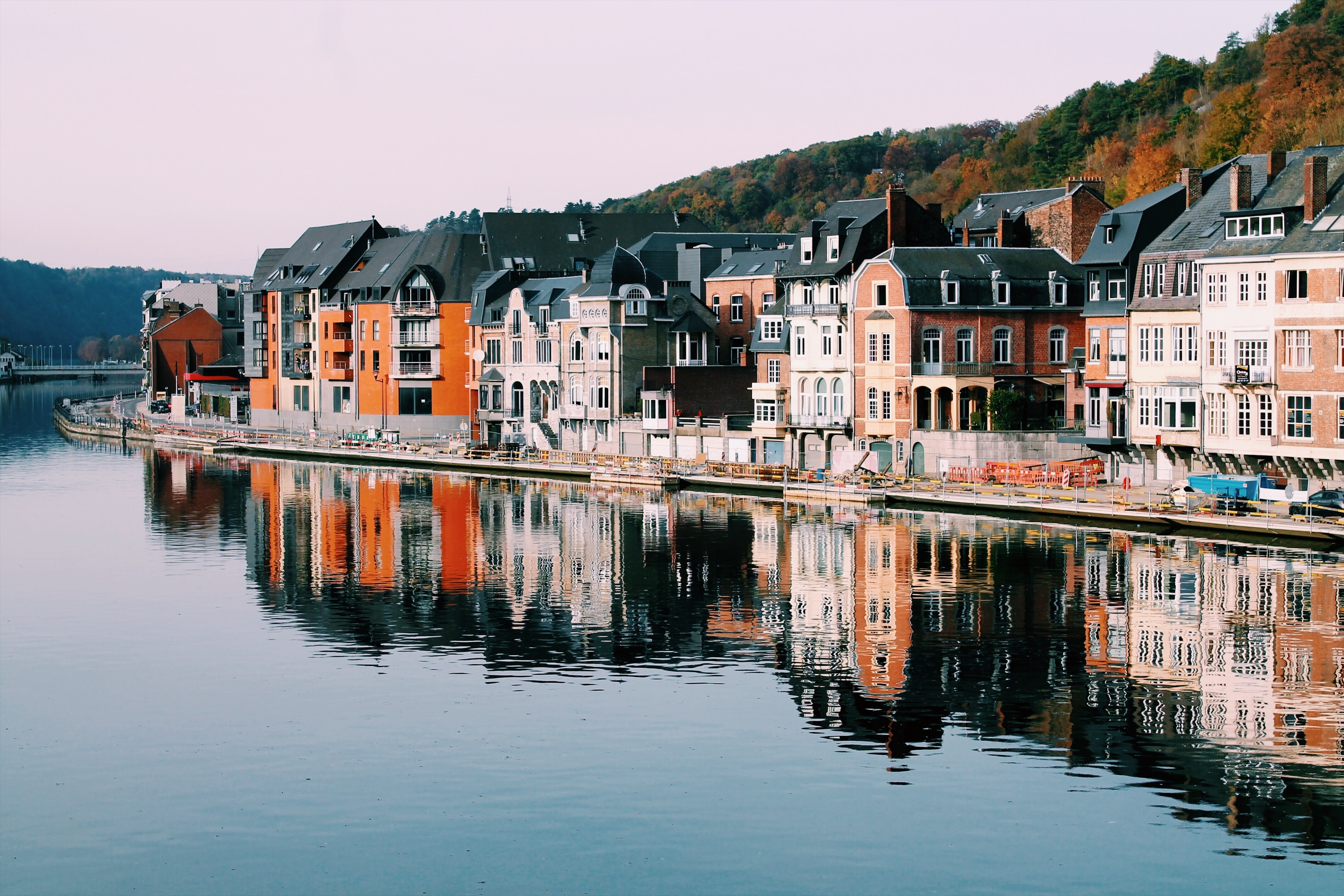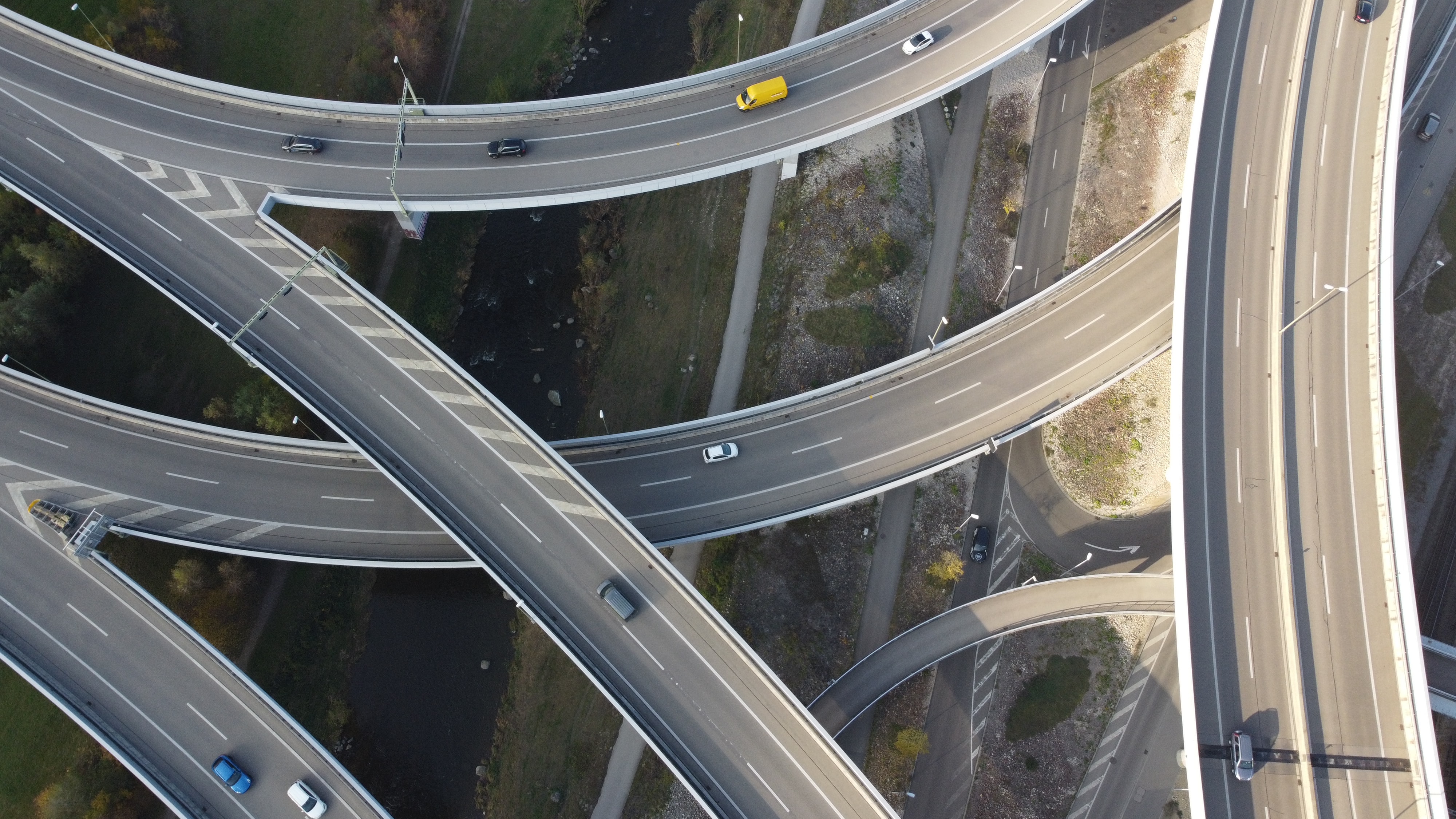118 results found
Featured results



More results
To close the infrastructure gap in a sustainable recovery, we need more greenfield infrastructure, with environmental sustainability at its core. This requires innovative funding models and public-private partnerships (PPPs), particularly in emerging economies where private investors are more reluctant to invest and greenfield infrastructure need is greatest.
Sadek Wahba explores four infrastructure related themes that were re-affirmed at COP26 to deliver on a net zero future
Today, the GI Hub has launched a new resource that shows how G20 governments are spending the USD3.2 trillion in infrastructure as a stimulus.
Can investment in infrastructure fuel economic recovery? Is there a role for infrastructure in the transition to a circular economy? Hear what insights GI Hub's CEO, Marie Lam-Frendo shared in this interview for the official G20 Italy: The 2021 Rome Summit publication.
Due to rising energy prices, the Dutch Government has placed emphasis on meeting national energy performance objectives through the reduction of fossil fuel consumption. The Dutch Government is seeking innovative solutions to deliver more energy and cost-efficient buildings, as well as achieving Net Zero Energy buildings by 2020. The retrofits include installation of rooftop solar panels and other insulation technologies.
Euro Property Assessed Clean Energy (EuroPACE) is a scalable on-tax financing model to support the deployment of energy saving and generation technologies to European households and the EU’s clean energy transition. The scheme is inspired by the successful US PACE scheme that was introduced in 2008, which resulted in over USD4.7 billion in funded projects, over 200,000 homes over the past four years. Private capital is deployed as upfront financing to homeowners which is repaid through an additional special “assessment” payment on its property tax bill for a specified term.
ChargePoint as a Service installs electric vehicle (EV) chargers for no upfront cost in return for a fixed term subscription CPaaS reduces overhead costs and offer predictable operational expenses CPaaS also proactively monitors stations to identify and fix technical issues remotely and enables businesses to track performance and utilization. Georgia Power (a utilities company in Georgia) and Pivet Atlanta, an automotive company has partnered with ChargePoint to install EV chargers in a major travel corridor.
Cambrian Innovation developed the WEPA to enable food and beverage manufacturers across the United States to implement their solutions to remove wastewater costs, reduce environmental impact, and alleviate capped production at no upfront cost or operational risk. Wineries in Nappa Valley, including Rombauer Vineyards, produced high-strength wastewater (diluted wine) through standard rinsing and cleaning processes putting pressure on traditional municipal treatment plants. In 2018, Rombauer Vineyards was the first replaced existing ineffective treatment system with an EcoVolt Solution from Cambrian Innovation.
Volta, a San-Francisco based EV charging company, partners with retailers, shopping malls, grocery chains, and others to place Volta’s chargers in prime parking spots in front of their businesses. The charging stations will also come with two billboard-sized screens for displaying advertising. An initial 15 minutes of charging is free to customers. California State Government supports the deployment of zero-emissions vehicles and fill gaps in the state’s EV infrastructure.
The City of Paris has used Energy Performance Contracts (EPCs) to refurbish 240 schools in two phases, with a third phase now underway. The refurbishments, tailored to each school, include window renovations and the installation of LED lighting, sensors, insulation and new boiler systems.
The Indonesian Government aims to expand its geothermal energy sector to reduce greenhouse gas emissions. The Green Climate Fund (GCF) and Clean Technology Fund (CTF) are offering USD127.5m in financing, consisting of a senior concessional loan for public sector projects, a reimbursable grant for private sector projects, and a grant for technical assistance. World Bank will also provide USD100 million loan to scale up investments in geothermal energy in Indonesia.
In the Netherlands, the regulatory requirement is that the surface layer of asphalt roads have a whole-of-life span of six years. Currently, 60% of rubble from broke-up old roads can be reused in the construction of new roads, however increasing that percentage of reuse is mostly improbable due to stability and safety concerns. Dura Vermeer, a Dutch construction, infrastructure, and engineering business, has developed the technology to create top layer asphalt which can last up to 15 years (twice as long as current asphalt roads), but costs 10% more than regular asphalt roads.
In Guanajuato, Mexico agriculture accounts for about 84% of water rights. Significant growth in agricultural production and use of groundwater wells have led to a 2 metre annual decrease in groundwater levels. Improving agricultural irrigation practices has the potential to address agricultural water inefficiencies for water-stressed regions like Guanajuato. MWS is a collaborative approach to improve economic outcomes for farmers, create resilient supply chains, and increase water efficiency by using ‘pay for performance’ to accelerate sustainable agriculture practices in water-stressed regions.
Globally, Sub-Saharan Africa experiences one of largest energy access gaps. Electricity reaches only about half of its people, while clean cooking only one-third; roughly 600 million people lack electricity and 890 million cook with traditional fuels. This has a disruptive impact on social infrastructure such as schools and hospitals which lack reliable electricity. A clean energy revolution in sub-Saharan Africa is urgently needed to win the fight against energy poverty.
Joint European Support for Sustainable Investment in City Areas (JESSICA) is a partnership between the Council of European Development Bank (CEDB) and the European Investment Fund, which has provided EUR2.1b (USD2.5b) in co-investment in circular economy projects since 2015. The EU JESSICA Urban Development Funds (UDF) contain financial contributions from EU member states, cities, and other public and/or private sources. These are invested in the form of equity, loans, and guarantees for projects that support sustainable urban development and regeneration in cities.
The Indian government has committed to reducing the emissions intensity of its GDP by up to 25% by 2030. Buildings are identified in its nationally determined contributions (NDC) as one of the key levers to achieve this goal. The World Bank identified India as a prospective case study to carry out a quantitative assessment of the potential impact of the mechanism due to its complex?housing market, economic conditions and Federal structure. An economic cost-benefit analysis was conducted using the Excellence in Design for Greater Efficiencies (EDGE) green building software and cash flow modelling to assess the potential impact of a USD50m auction on the Indian market.
Due to decreasing aquifer water level (280 million m3 per year), Veolia Water Technologies (Veolia) partnered with The Nature Conservancy (TNC) and local municipality to propose the establishment of a water fund to finance changes to local water-catchment and uses. As a result, Livelihoods Funds created a project to support vulnerable farmers in Aguascalientes to invest in drip irrigation equipment to enhance farm resilience. Changing to a drip irrigation system showed a 50% - 70% decrease in water consumption by farmers. If the 5,000 local family farmers in the water catchment area adopted this system through the new fund, this results in approximately 65% reduction of the annual aquifer deficit.
In 2017, amid severe drought, the City of Cape Town, in South Africa was issued its first Green Bond, which was used to invest in projects aligned to city’s sustainability goals to adapt to and mitigate climate change. The ZAR1 billion Green Bond was used to fund and refinance a number of green projects?in the city including procurement of electric buses; energy efficiency in buildings; water resilience initiatives; sanitation treatment; and the coastal structure protection and rehabilitation. At the time, Cape Town had the only green bond in the country to be accredited by the Climate Bonds Initiative (CBI) and demonstrated market appetite for green and climate initiatives.
RaiseGreen is a new crowdfunding marketplace/platform for green projects. Individuals, startups, non-profits or even local governments looking to start their own green projects can utilise the platform to create and develop the project, set their own terms, and present their offering on RaiseGreen’s platform for potential investors. The platform offers a wide variety of replicable, templatised investment opportunities for solar power, affordable housing, EV charging stations, agriculture, water projects, and microgrids.
CFA is a 4-year programme funded by the UK Department for Business, Energy & Industrial Strategy (BEIS). Aims to identify and develop pipelines of bankable climate-related projects that can attract investment at scale from the private sector. In 2017, Nigeria took part in the inaugural pilot CFA process The CFA initiative has since been extended to Mexico, Colombia, Peru, South Africa & Turkey. Stakeholders involved Conceiver: Ian Callaghan Associates Funder: UK Government (BEIS) Neutral convener for the CFA process: Nigerian Economic Summit Group



 GI Hub Innovative Funding and Financing tool and case study library
GI Hub Innovative Funding and Financing tool and case study library




















